July 8, 2014
Number of Slain Environmental Activists Grew Over Past Decade, Report Finds
BY: Brianna Elliott
More people are standing up for their land, water, and other natural resources as they become increasingly exploited, but not without consequences. A recent report found that murders of environmental activists have surged over the past decade—totaling 908 documented deaths in 35 countries.
“Deadly Environment,” a report by the London-based group Global Witness, found that deaths grew from 51 in 2002 to 147 in 2012—a number that excludes undocumented deaths in African and Asian nations. Most of the deaths and related non-lethal violence are linked to competition over natural resources, such as Brazilians fighting to protect Amazonian ecoysystems, but also include confrontations related to hydro-electric dams, pollution, and wildlife conservation, according to The Associated Press. Only 10 killers of the 908 victims have been convicted so far.
Brazil faced the most deaths, with 448 activists slain during the 2002 to 2013 period , followed by Honduras with 109 deaths, and Peru with 58. The Philippines and Thailand led death tallies in Asian nations. Victims ranged from indigenous Philippine anti-mining activist Juvy Capion and her two sons, killed by machine guns by armed forces, to the kidnapping of Mexico’s former environmental secretary, Julia Carabias, from her bed at a field research station. Carabias was found alive two days after the kidnapping.
“There can be few starker or more obvious symptoms of the global environmental crisis than a dramatic upturn in killings of ordinary people defending rights to their environment and livelihoods from corporate and state abuse,” Global Witness senior campaigner Oliver Courtney told The Guardian. “Yet those responsible almost always get away with it, because governments are failing to protect their citizens and the international community is not paying enough attention to their plight.”



